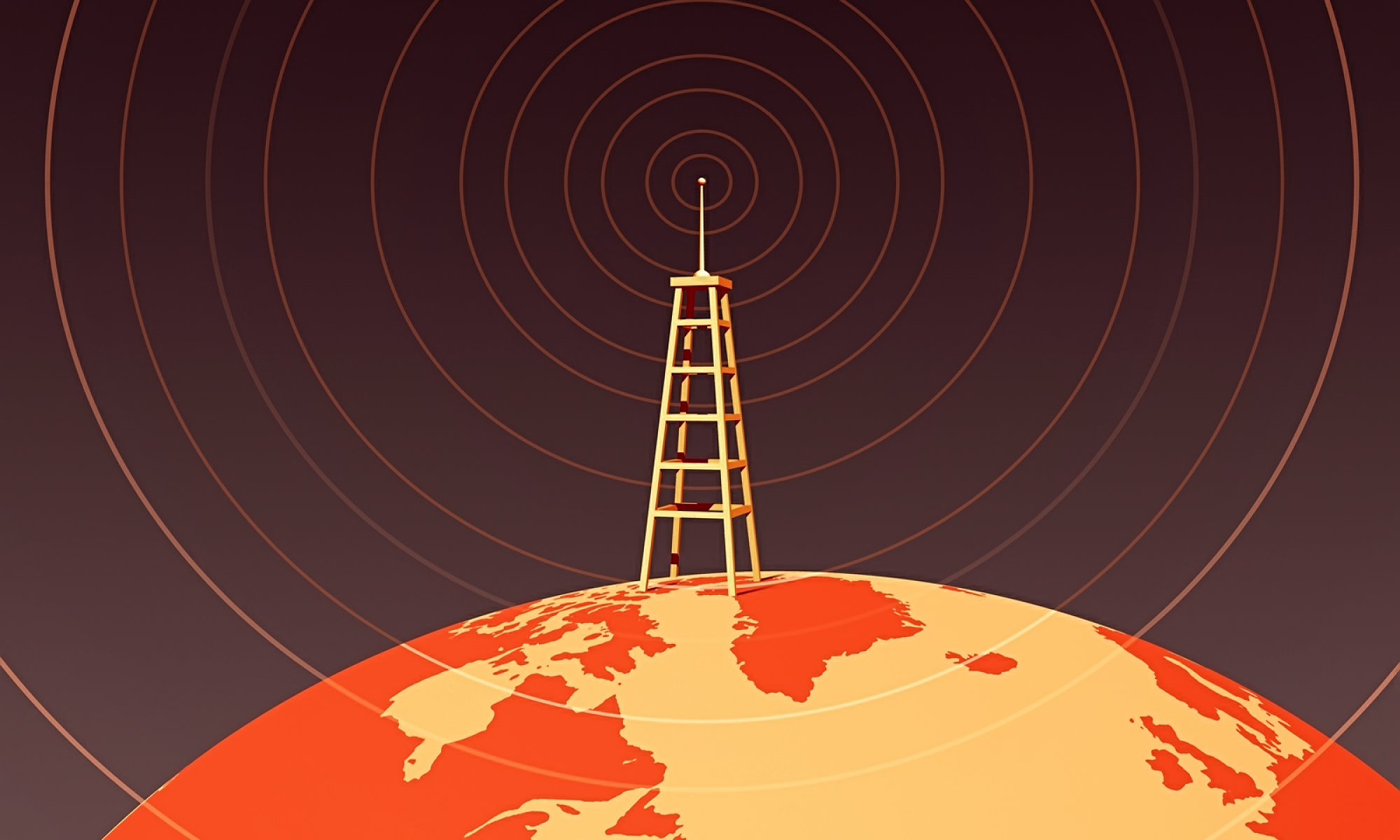from the comments under the video
Max Zomboni found this article about PRN.
DOCTOR’S RADIO NETWORK TO GO OFF THE AIR MAY 31
Published: May 21, 1981
The Physicians Radio Network, a round-the-clock service sponsored by several giant pharmaceutical companies, will discontinue broadcasts on May 31.
In 1974, Visual Information Systems, a division of the Republic Corporation, initiated the station exclusively for doctors – it currently reaches 80,000 physicians in 69 cities. Jay E. Raeben, president of Visual Information, said that his company had ”failed to persuade enough of the industry that the radio was a medium important to use.”
Transmitting on an FM sideband frequency, or subchannel, which could not be picked up on a standard radio dial, the network permitted doctors to communicate among themselves, more freely perhaps than might be possible before a listening lay public. This feature, however, contributed to the station’s downfall. The necessary special receivers were distributed to doctors upon request and without charge. Mr. Raeben said that the cost of manufacturing and mailing such equipment had diminished revenues substantially. Used by Advertisers
Physicians rank as the profession most vigorously sought by adverstisers, because their prescriptions largely determine the profits of billion-dollar drug companies.
”Surveys show that P.R.N. affected sales very positively, especially as it impacted new products,” said Robert E. Devinna, director of advertising for Roche Laboratories, one of the sponsoring companies. Eight minutes of every hour on the air are devoted to advertising. Programming focused on scientific breakthroughs and significant operations, such as the recent surgery on the Pope.
”P.R.N. rarely announces new drugs,” said Mr. Raeben, who also acts as managing director of the station. ”We made a very considerable effort to insure that programming was not in the interest of the advertisers.” If a new drug were announced, it would have to be newsworthy in itself, he asserted. May Turn to Journals
Mr. Devinna of Roche Laboratories thinks that some of the major drug companies that advertised on the network will probably turn more to medical journals now. He views this as ”shortsightedness of the marketing industry,” and added, ”Traditional advertising channels are cluttered – it’s a shame to see P.R.N. die.”
The end of Physicians Radio Network will apparently not work any great hardship on its originator. ”Republic Corporation does not expect to lose any money due to the termination of P.R.N.,” Rembrandt P. Lane, an executive vice president, said
He said that Republic had tried unsuccessfully to sell the station, which had, in fact, been profitable for the last three years. ”P.R.N. is a very small investment by a division of Republic Corporation,” Mr. Lane said, ”having a limited marketplace – and the 80,000 subscribing doctors paid nothing for the service or the radio.”
Mr. Lane declined to specify the operating expenses of the network, or Republic’s initial investment.


